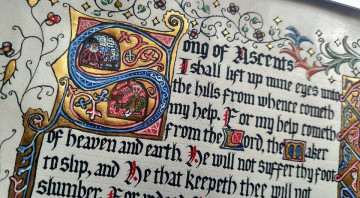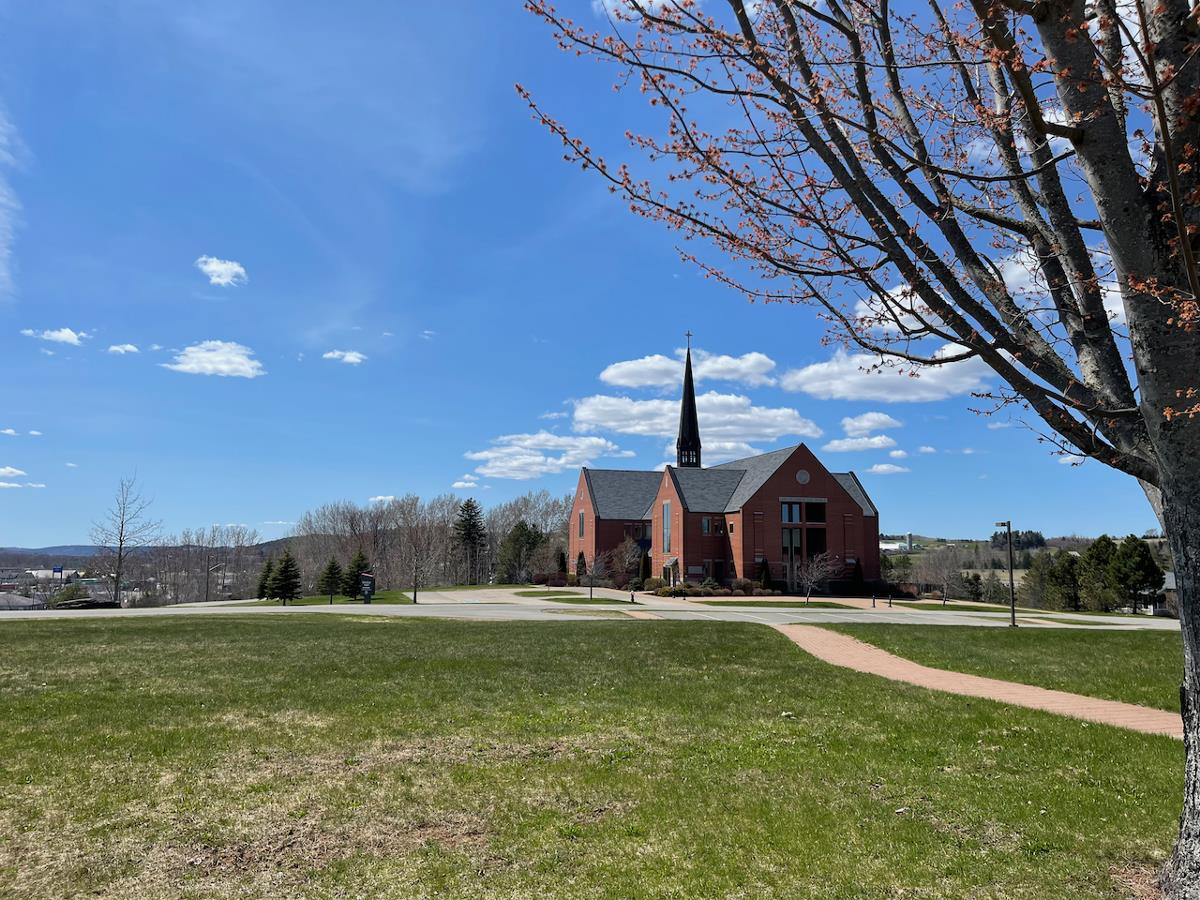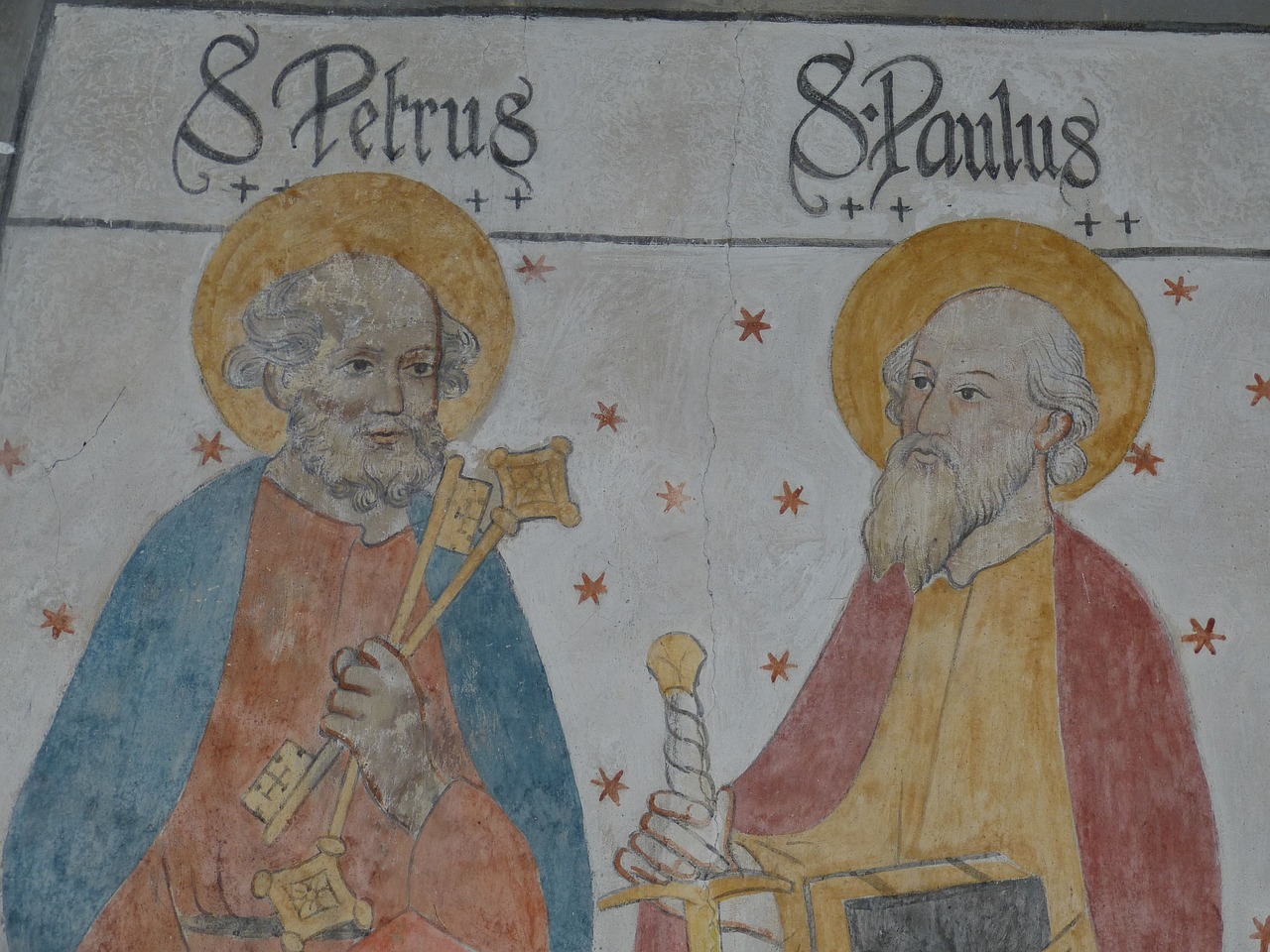
24 Courses

BT501: The Bible as Christian Scripture Term 6 2024-2025
This course is normally the first core course taken in the M.A. (Pastoral Theology) degree. It focuses especially on the formative role played by the Bible (as the Word of God) in shaping the life of a healthy congregation. Special attention is given to the ways in which different genres of Scripture, as well as various books of the Bible, are to be utilized in both private and public worship.

BT510: Survey of the Bible Term 6 2024-2025
This course is a comprehensive survey of the whole Bible, intended to meet the prerequisites for taking further study at the graduate level.
COUN601: Advanced Theory & the Integration of Spirituality Term 6 2024-2025
This course guides students to critically examine how a Christian worldview and a client's spirituality impact the assessment, diagnosis, and treatment planning process in counselling. Ethical, diagnostic, and assessment issues relevant to the use of Christian spiritual interventions with appropriately religious individuals, couples, and families are considered, along with current research related to spirituality and counselling.

COUN670: Practicum Term 6 2024-2025
This course consists of 100 hours of supervised practice of counselling capitalizing upon the skills and development of the counselor under the supervision and guidance of staff in that setting. Students will actively participate in counselling situations with individuals and groups. Normally the 100 hours will be completed in a two-month (one term) period.

EN136: Writing to Communicate Term 6 2024-2025
This course focuses on improving written communication skills. Students will learn how to read critically, develop research skills, and apply the principles of effective writing to create thesis-centered expository and argumentative prose.
EN137: Writing to Convince Term 6 2024-2025
This course continues the journey into the art of persuasive writing, focusing on the rhetoric, logic, and evidence needed to craft compelling arguments. Drawing inspiration from works of classical rhetoric, students will hone their skills in writing persuasive and expository prose.
EN211: Literature of the Western World Term 6 2024-2025
This course begins with an introduction to reading and writing about literature, followed by an historical survey of works by major authors from the sixteenth century to the twentieth century. Works studied include a wide variety of literary genres and themes representative of their times and of interest to the study of the human condition. Instruction in grammar, writing, and the composition of formal academic essays is also included.

GE120: Online Orientation Term 6 2024-2025
This course helps prepare students for success as an online student. It is required for all students before taking their first online course through Kingswood Extended.

GE301: World Religions Term 6 2024-2025
This course studies basic theological concepts and characteristics of the world's religions, including but not limited to Hinduism, Judaism, Buddhism, and Islam. Major North American cults also are examined closely. How these concepts deal with the nature of God and humankind, as well as how their major teachings compare to Christianity and to each other, are analyzed. Strategies for effective Christian witness among these religions are also studied.

HI303: Church History Term 6 2024-2025
This course provides a survey of the history of the Christian Church from its birth in the book of Acts to the present day, in the context of world history. Attention is given to how the past impacts present and future ministry.

MA200: Financial Math Term 6 2024-2025
Financial Math is an introductory course in which the student will realize the complex relationship between faith and money and increase their financial literacy with the goal of managing financial resources responsibly. Topics will include money management, rudimentary budgeting, basic accounting, financial goal attainment, the wise use of credit, insurance, investments, debt management, and taxation.
MIN100: Introduction to Ministry Term 6 2024-2025
This course provides students an opportunity to examine and contemplate the broad nature of ministry from biblical, theological, philosophical, historical, and practical perspectives, and to help them begin to articulate a personal philosophy of ministry. The course also includes an overview of characteristics of people to whom we minister, types of ministry programs, and issues faced in ministry.

MIN500: Ministry Placement Term 6 2024-2025
This course is the hands-on ministry component of the Master of Arts (Pastoral Theology). During twelve months of the program, each master's student will invest a minimum of 20 hours per week in an approved ministry, on a paid or volunteer basis. Monthly reflective reports will be submitted to the Program Director. Students who choose to complete the degree in two years may reduce their ministry hours to ten hours per week over two years.

NT206: Acts and Romans Term 6 2024-2025
This course considers the beginning of the Christian Church, including the places and personalities involved, and provides a background for a better understanding of Paul's Epistles, especially the book of Romans. An inductive survey of Romans provides an in-depth study of Paul's theological positions developed throughout this historically important book.

NT413: I & II Corinthians Term 6 2024-2025
This course is a critical study of the background, content, and specific theological themes of I & II Corinthians. Attention is given to background issues, critical issues, and other elements that contribute to understanding the letters to the Corinthians. The issue of unity and its relationship to Paul’s teaching in these letters receives intentional attention, especially as it relates to leadership in the 21st century Christian church.

P000: Practicum Term 6 2024-2025
This course is a generic placeholder for practicums which will be replaced by a specific course when the student contract is approved. Practicum assignments are designed to allow students to integrate classroom learning and practical ministry.

P233: Vacation Bible School Leader/Teacher Term 6 2024-2025
Participant will (in whole or in part) organize lesson plans and teach children in a Vacation Bible School Program.

P435: Children's Ministry Director Term 6 2024-2025
Participant will be responsible for, and provide leadership in, the organization and running of a specific children’s ministry program.

P441: Discipleship Ministry Term 6 2024-2025
Participant will become involved in discipling new converts in a one-on-one relationship endeavouring to lead them to maturity and service in his or her faith as part of a local church ministry.

PS105: Christian Journey into Psychology Term 6 2024-2025
This course examines neuroscience and psychology, seamlessly intertwined with the profound principles of the Christian faith. It looks at the groundbreaking Next-Gen Brian Paradigm that is reshaping the landscape of psychology and transcending every academic discipline.